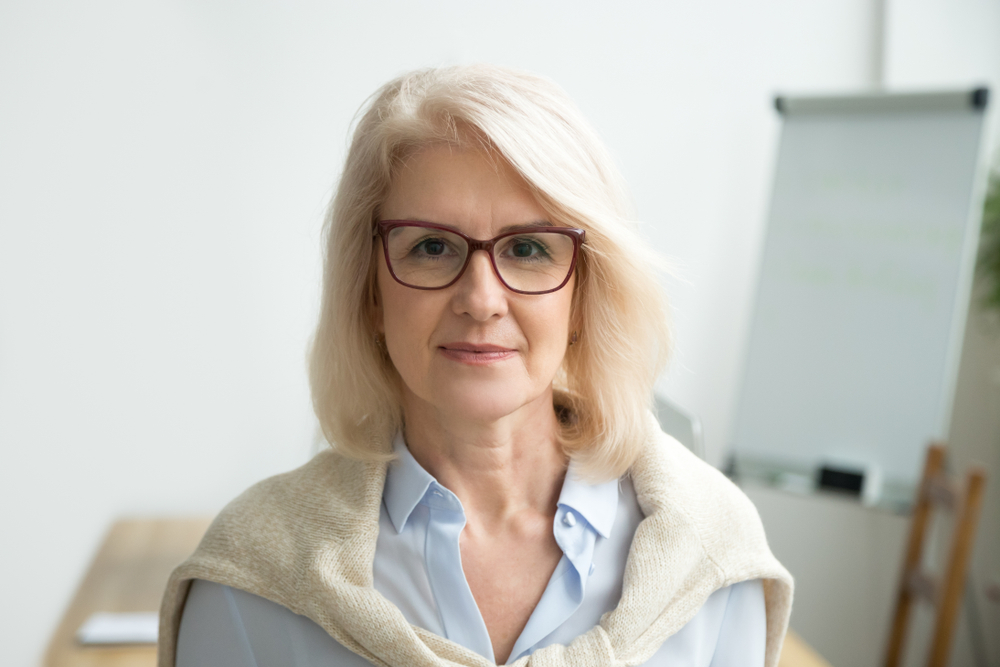Understanding Macular Degeneration and Available Treatment Options

Macular degeneration is an eye condition affecting the retina's central part—the macula. It impacts the patient's central vision and can develop in one or both eyes. People with the disease cannot see things directly before them. It is a common age-related eye condition that often affects people over 50. It does not cause complete blindness as the peripheral vision is unaffected.
Developing Macular Degeneration
Macular degeneration (AMD) affects almost 20 million senior adults in the country. It is a common cause of poor vision among individuals over 60. Experts believe the condition will have doubled in the next decade. The severity differs in individuals.
While the risk of AMD increases with age, it can affect younger people due to various risk factors. There are two types of AMD: dry and wet macular degeneration. Dry MD is the more common type, affecting 90% of people with the disease.
Causes of Macular Degeneration
AMD is often genetic, but it can also affect individuals with no family history of the condition. It is unclear what causes the disease, but it occurs when the macula begins to waste away, mainly due to age.
The condition may result from head injuries, diabetes, and infections. Eating a diet lacking essential nutrients can contribute to AMD development. Dry AMD has several stages—early, intermediate, and advanced or late stage.
Risk Factors for AMD
Risk factors for developing AMD include:
- Being over 50.
- Being overweight.
- Family history of AMD.
- Having high blood pressure.
- Smoking.
- Regular consumption of foods rich in saturated fats.
- Caucasians have a higher risk of developing AMD than individuals of other races. Regular eye exams help detect the condition in the early stages.
Symptoms of Macular Degeneration
The macula's function sends images from the optic nerve to the brain. When the macula is damaged, the brain cannot read or understand the images. Most people experience symptoms in the later stages. Symptoms of the condition include:
- Blurred vision.
- Problems with color vision
- Inability to see clearly in low light.
- Straight lines appearing wavy.
- Dark or blank spots in the field of vision.
- Low vision.
Diagnosing Macular Degeneration
Regular comprehensive eye exams are essential for detecting AMD. During the exam, the eye doctor will check for changes to the retina and macula. Several tests can help diagnose the disease.
They include the Amsler grid test, dilated eye exam, fluorescein angiography, optical coherence tomography (OCT), and optical coherence tomography angiography (OCTA). Early diagnosis and prompt treatment can help prevent vision loss.
Treatment Options for AMD
There is no cure for AMD, but treatments can help slow its progression. Treatment can also make symptoms less severe. It is necessary to know that symptoms often return even after successful treatment.
Eye specialists recommend treatment based on the disease type and stage. Options include medications, nutritional supplements, laser photocoagulation, and photodynamic therapy. Losing central vision can make it hard to perform daily activities such as reading, driving, and cooking. The vision impairment can make it difficult to recognize faces or carry out home repairs. The doctor can recommend low-vision aids to help.
For more on understanding macular degeneration, visit Justice Vision Clinic at our office in Duluth, Georgia. Call (770) 626-7883 to book an appointment today.







